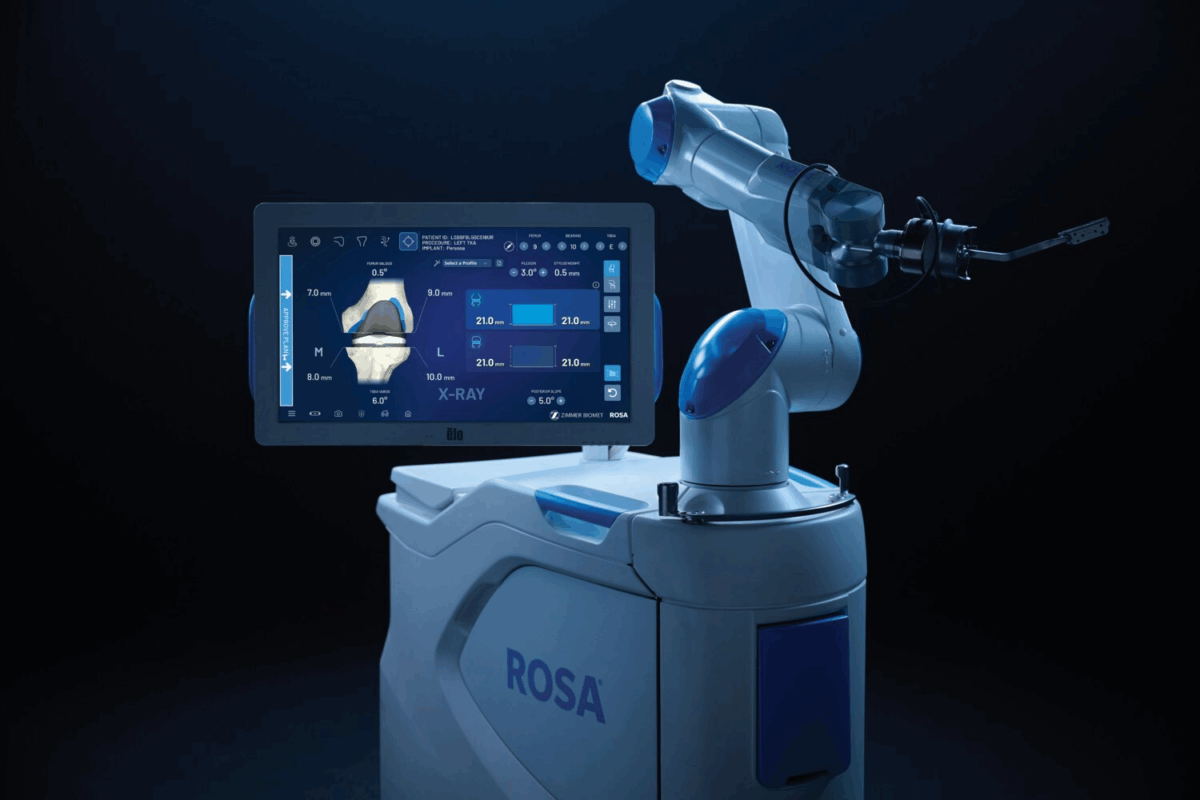A study of tuberculosis (TB) patients in China, found that sending e-reminders increased patient adherence to the prescribed medication schedule. The results of the study – which were published in the journal PLOS Medicine – reported that e-reminders could reduce the number of doses of medication the patients missed, by 50 percent.
“Global plans to reduce TB advise that treatment be taken under the direct observation of a healthcare worker to reduce missed doses – something which has been difficult to carry out in many parts of China, particularly in rural areas, as in other parts of world,” said Dr. Katherine Fielding of the London School of Hygiene & Tropical Medicine, and the study’s senior author. “Innovative approaches are needed to tackle this problem.”
The trial included 4,173 TB patients from four Chinese provinces: Heilongjiang, Jiangsu, Hunan, and Chongqing. Researchers from the London School of Hygiene & Tropical Medicine, and the National Center for Tuberculosis Control and Prevention in China, assigned the patients to one of four groups, for a 6 month study time: patients receiving an electronic medication monitor, text message reminder, both reminders, or no reminders.
The researchers found that patients who received no reminders to take their TB medication missed 29.9 percent of their prescribed doses. Drug adherence was slightly improved for patients who received text message reminders; these individuals missed 27.3 percent of their doses.
Interestingly, patients who were given an electronic medication monitoring device, missed only 17 percent of their doses. The device promotes drug adherence in patients by beeping when the box is not opened at the time the next dose of medication must be taken.
Those patients who received a combination of the medication monitor and text message reminders, missed 13.9 percent of their medication doses – a number that is a 50 percent improvement in the reduction of missed doses, compared to patients who received no reminders at all.
According to Fielding, “Our study is the first large-scale randomized trial to carefully evaluate whether electronic reminders can help patents to take their tuberculosis treatment on their own. Our findings show real promise. A low-cost, reliable electronic medication monitor could improve TB treatment for thousands of people across China.”
China has the second highest number of TB cases in the world – 11 percent of the approximately 9 million cases globally – according to the World Health Organization (WHO). Current TB therapies are effective if all doses are taken according to a schedule, over a 6 month period.
Patients who miss doses have an increased risk of relapse of the disease, and even the possibility that the bacterial infection will become antibiotic resistant. Both of these risks complicate treatment strategies, and can make TB a fatal disease.
“Directly observed therapy is difficult to implement in China due to limited human resources, poor acceptance and other factors,” commented Dr. Shiwen Jiang, researcher on the project from the National Center for Tuberculosis Control and Prevention. “Our study aimed to assess whether the use of the medication monitor and/or text messaging can improve adherence to TB drugs.”
“Our results are encouraging, said Jiang. “We are currently planning a further evaluation of a management model, including the use the medication monitor on long-term TB outcomes, including TB recurrence. China plans to scale up the use of medication monitors in some provinces in the next five years.”
Sources:
- Electronic reminders keep TB patients on track with medication in China – http://www.lshtm.ac.uk/newsevents/news/2015/electronic_reminders_tb_china.html
- Liu, X., Lewis, J., Zhang, H., Lu, H., Zhang, S., Zheng, G., Bai, L., Li, J., Li, X., Chen, H., et al. (2015). Effectiveness of Electronic Reminders to Improve Medication Adherence in Tuberculosis Patients: A Cluster-Randomised Trial. PLOS Med.












Join or login to leave a comment
JOIN LOGIN